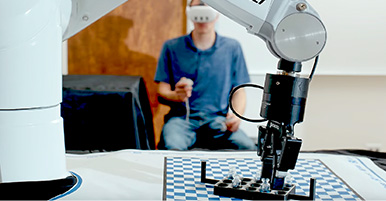Citation
Hebbeler, K., Levin, J., Perez, M., Lam, I., & Chambers, J. G. (2009). Expenditures for early intervention services. Infants & Young Children, 22(2), 76-86.
Abstract
What does it cost to provide early intervention services? Data collected as part of the National Early Intervention Longitudinal Study were used to determine expenditures for infants, toddlers, and their families receiving services through Part C programs. The study found that the national average total expenditure for early intervention services in the late 1990s was $15 740 and the average monthly expenditure was $916. Both the total expenditure and the monthly expenditure differed for children with different reasons for eligibility for early intervention services. The expenditures for children with diagnosed conditions and developmental delays were higher than those for children with only communication delays or risk conditions, although there was substantial variation in monthly expenditure within each of the 4 categories. Expenditures also varied as a function of children’s health with the highest average monthly expenditure for children in poor or fair health. The findings illustrate the kinds of questions that can be addressed with expenditure data and underscore the need for the regular collection of expenditure data at the state and national levels. Careful examination of outcomes experienced by children with various conditions who receive special collections of services at various costs will allow resources for early intervention to be allocated more equitably and efficiently.


